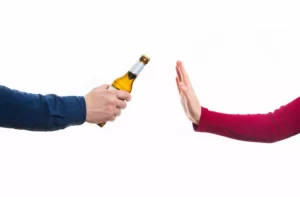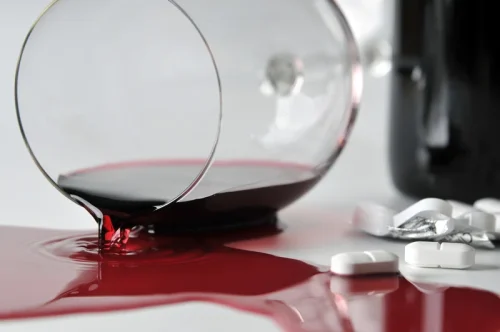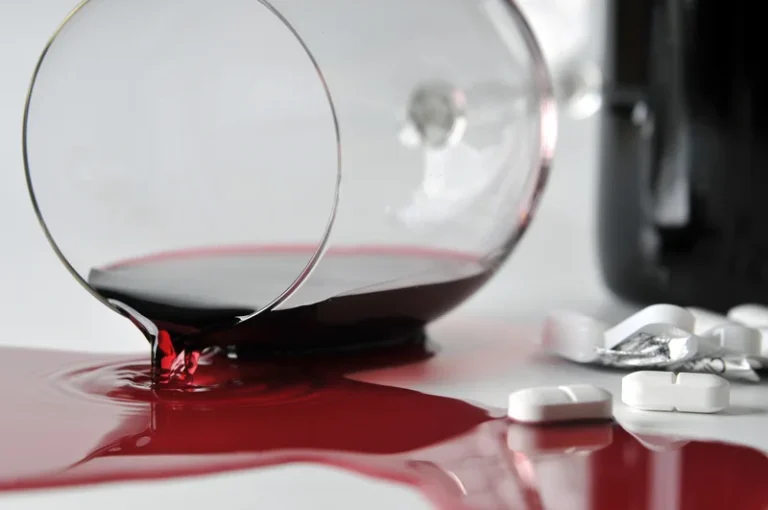How To Stop Alcohol Cravings: Overcoming the Urge For Good

When abstaining from alcohol, individuals might encounter emotional distress or anxiety, accompanied by intense urges to drink. Cravings for alcohol can be intense, particularly in the first six months after you quit drinking. Good alcohol treatment prepares you for these challenges, helping you develop new coping skills to deal with stressful situations, alcohol cravings, and social pressure to drink. When you first quit drinking, your cravings might be especially intense. As you heal, you’ll learn how to recognize and control cravings. But there are ways to cope with them and reduce your risk of relapse.
- Similar to ashwagandha, holy basil may help alleviate anxiety from alcohol withdrawal.
- Ria Health offers several FDA-approved medications for alcohol use disorder.
- The abstinence stage typically begins right after you stop drinking.
- It can be a particularly helpful way to help you get a clearer understanding of your drinking habits and your relationship with alcohol.
- By the time you leave rehab, you’ll have plenty of practice responding to triggers.
- Dr. Streem suggests starting with the World Health Organization’s Alcohol Use Disorders Identification Test (AUDIT).
Changes in brain chemistry
- When you consider how to go about giving up alcohol, account for factors like how much you drink and your reasons for drinking.
- Write your drinking goal down and keep it where you will frequently see it, such as on your phone or taped to your refrigerator.
- In addition to therapy, support groups, and self-help options, you should consider some of the medications that are available that may improve your chances of quitting alcohol successfully.
- Individuals can also benefit from a combination of medication and behavioral interventions to address their cravings.
- Information provided on Forbes Health is for educational purposes only.
In January how to stop alcohol cravings 2020, more than 6 million people reportedly participated in Dry January, a campaign to reduce alcohol consumption organized by Alcohol Change UK. Follow-up research suggested that most tended to drink in healthier amounts afterward. An urge to drink can be set off by external triggers in the environment and internal ones within yourself. Maybe you’ve never been interested in logging your innermost thoughts, but journaling can be a great tool to track your feelings as you work on quitting alcohol. Research shows that most people believe that drinking can make them feel better. However, when alcohol makes up part of your typical routine, drinking can become something of an automatic response, especially when you feel stressed or overwhelmed.
Triggers
- When they occur, alcohol cravings can feel overwhelming, even if they last only a few minutes.
- Dehydration and poor nutrition can amplify the need for alcohol.
- Before discussing the role of food in curbing alcohol cravings, it is important to understand what fuels these cravings in the first place.
- Alcohol triggers this same system, causing our brains to consider drinking an important activity that we should repeat.
By developing healthier coping mechanisms and strategies for dealing with triggers, CBT can significantly reduce the frequency and intensity of cravings. Both internal and external triggers play an important part in the emergence of cravings, with most people experiencing a combination of both, provoking a powerful urge to drink. You might turn to friends, family, and loved ones for this type of support, but this can be challenging if your past alcohol use has alienated people in your life. It can also be problematic if the people in your immediate social circle continue to drink or if they don’t support your plans to quit. Dr. Streem suggests starting with the World Health Organization’s Alcohol Use Disorders Identification Test (AUDIT).

Cognitive Behavioral Therapy (CBT)
Along with medication and other treatment support, a range of alternative therapies may be effective in lessening alcohol cravings and other withdrawal symptoms. If you’re struggling with your alcohol cravings and are finding that the urge to continue drinking has become too much for you, you might need specialist support. This isn’t a sign of weakness or anything to feel ashamed about. Alcohol cravings feel like an overwhelming urge to drink alcohol.
In the United States, three drugs are approved by the Food and Drug Administration (FDA) for the general treatment of alcohol use disorder (AUD), including cravings (2). A physician or other qualified healthcare provider can assess whether one of the following medications can help you. The study sample was predominantly male, mean age of 41.49 (±9.75) years, most having a family history of substance use (70.97%), and many reporting binge use pattern in last year (49.46%).


Recognizing the signs of alcohol cravings is a crucial part of managing them. Learning to navigate drinking triggers in daily life can be difficult. A recovery coach can give you tools for dealing with strong alcohol cravings, help you set achievable goals, manage shame and stress, and track your progress accurately. Having an experienced person to talk to about your unique challenges can give you the confidence and the skills to keep moving forward when the going gets tough.
Private outpatient treatment
Don’t lie or cover things up to protect someone from the consequences of their drinking. This is known as “urge surfing.” Think of your craving as an ocean wave that will soon crest, break, and dissipate. https://ecosoberhouse.com/article/how-long-is-drug-rehab/ When you ride out the craving, without trying to battle, judge, or ignore it, you’ll see that it passes more quickly than you’d think. Make it clear that drinking will not be allowed in your home and that you may not be able to attend events where alcohol is being served. Once you’ve made the decision to change, the next step is establishing clear drinking goals. While the recovery period may be challenging, it’s also filled with milestones that can transform your life into one that’s better than you could have previously imagined.
